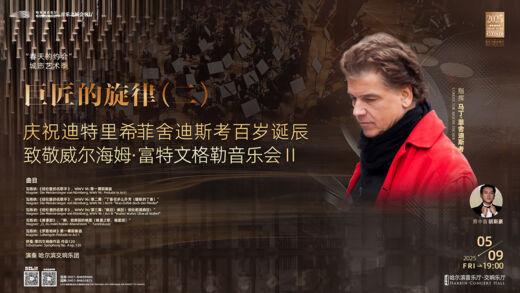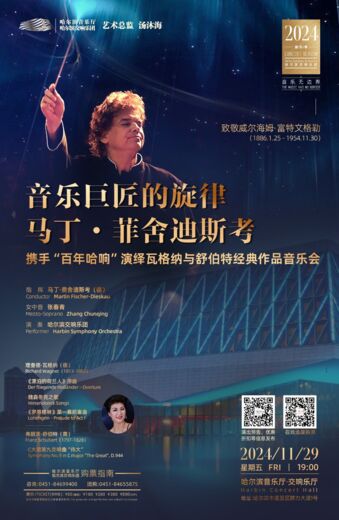MARTIN FISCHER-DIESKAU
IN CHINA
HARBIN CONCERT 2025
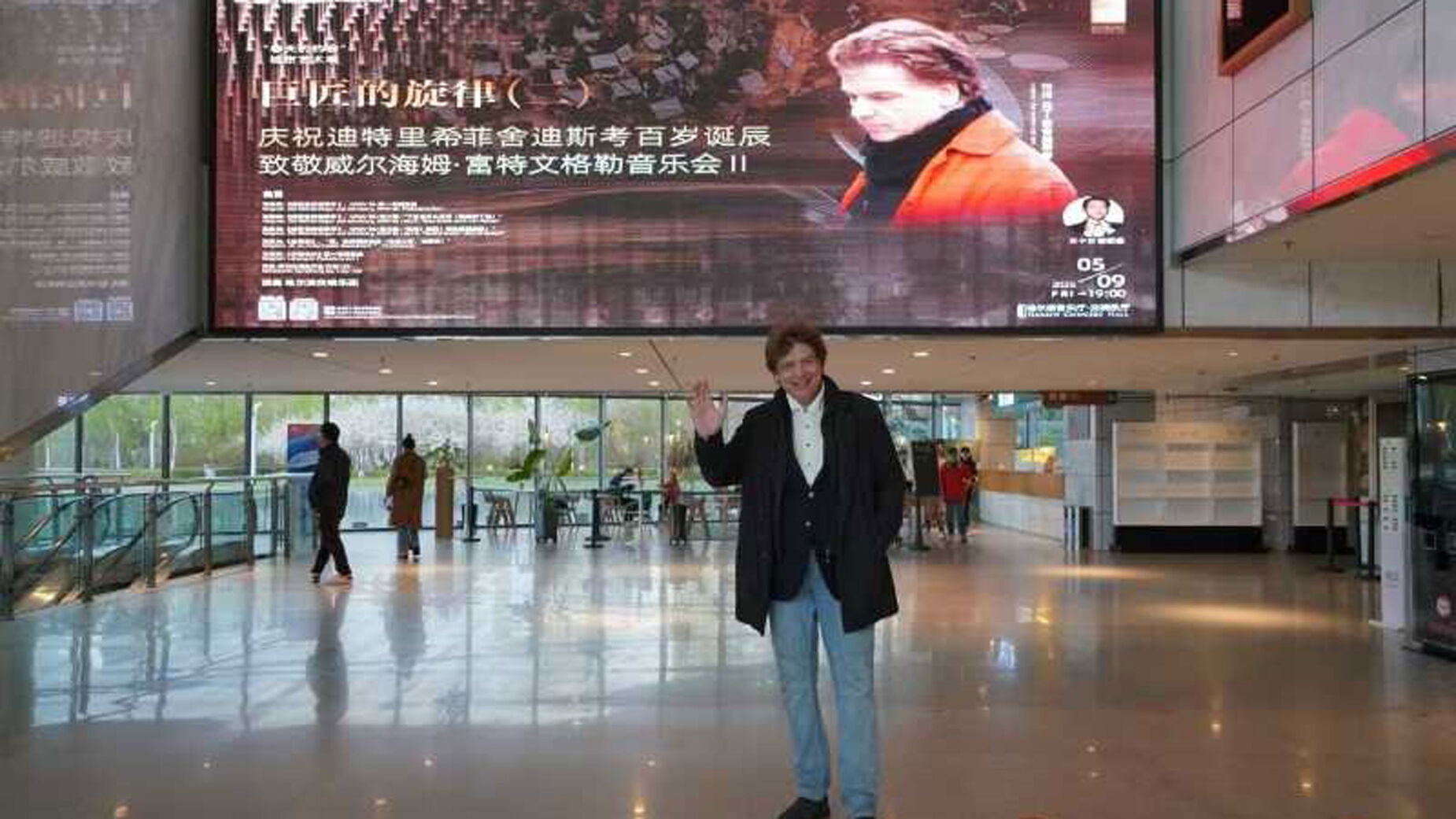

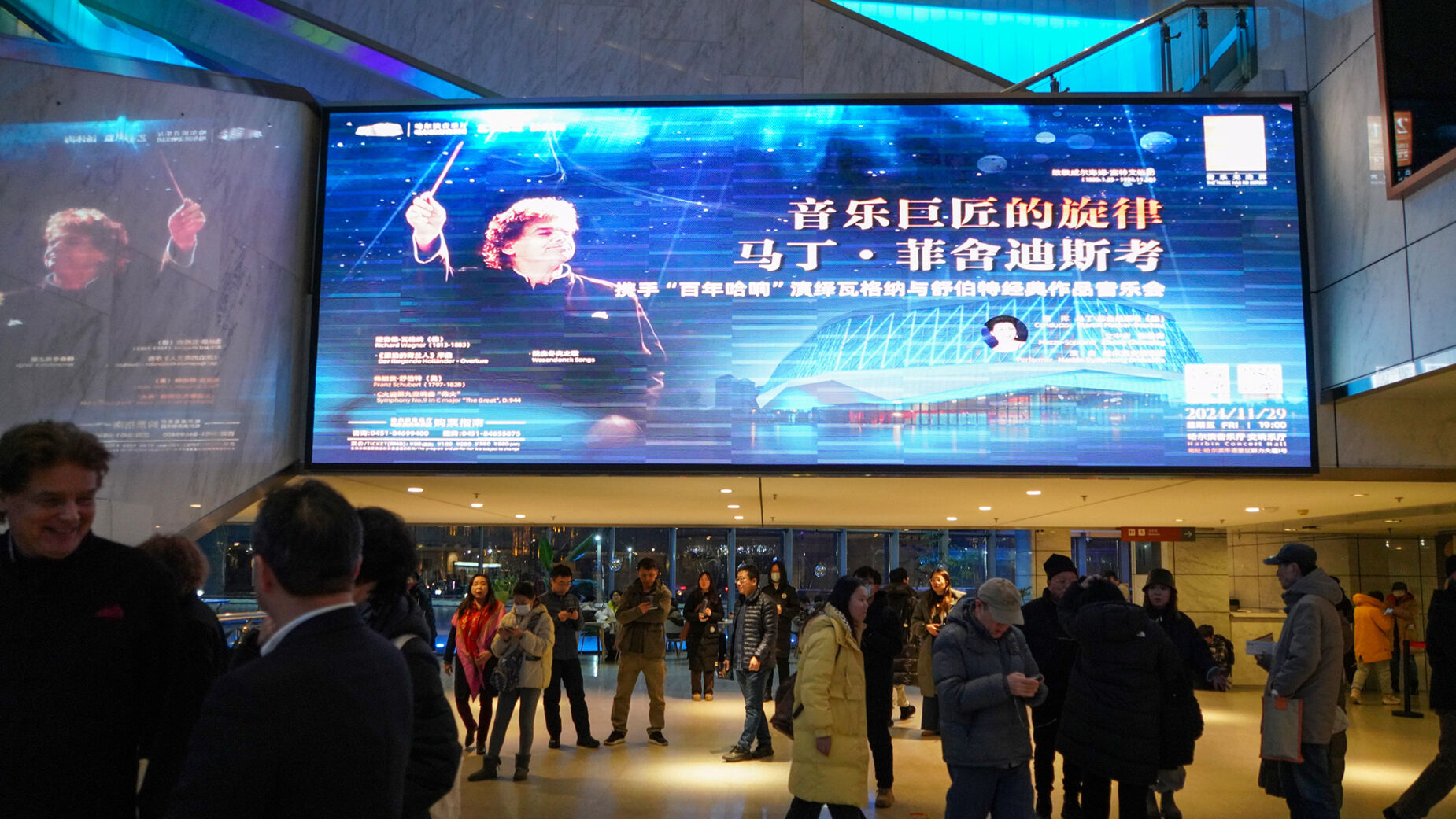
MARTIN FISCHER-DIESKAU
IN CHINA
HARBIN CONCERT 2024
Martin Fischer-Dieskau
Press Kit
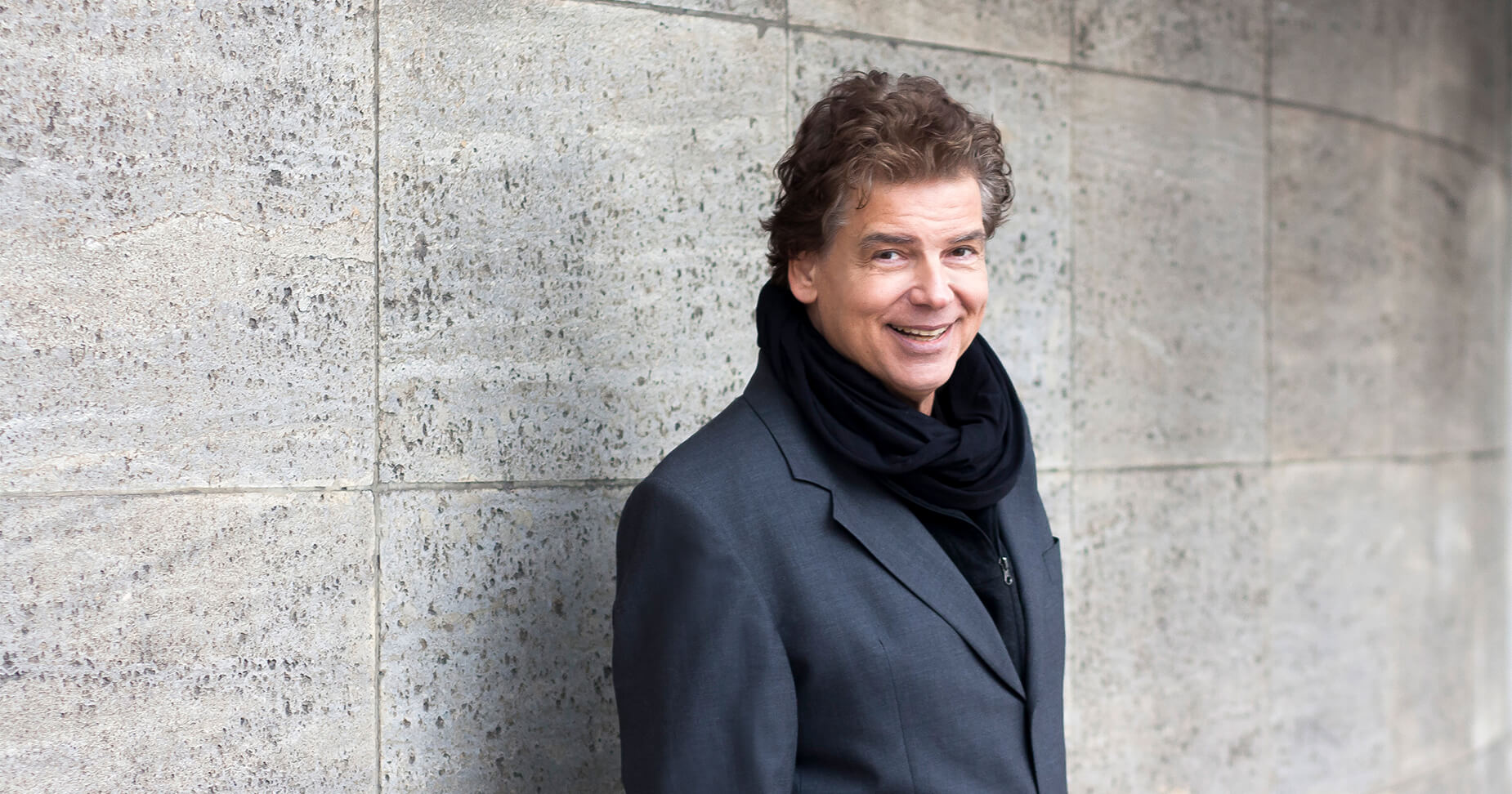
Overview
Martin Fischer-Dieskau knows how hard it is to gauge the worth of a serious conductor. Not feeling the need for superficial dazzle, he is able in a flash to gain the confidence of his players. His command of the structure of the piece is combined with sure-fire technique.
As a musician of our day Martin Fischer-Dieskau eschews over-specialization. He has devoted his entire career to the study of the Viennese Classics and to the exploration of new music and contemporary production. In acknowledgement of the century-old tradition of conducting, he excels in the performance of the great Austro-Germanic symphonic repertoire, while international opera houses have invited him to conduct more than 40 works of every genre.
When Maestro Fischer-Dieskau conducts from memory, the audience and the orchestra feel secure. The great heritage of Western music, both in style and content, find continuity. The fusion of music and listener becomes a reality. After four music directorships on three continents and hundreds of guest engagements his audiences worldwide look forward with pleasure to an authentic musical experience, whether in opera or in concert.
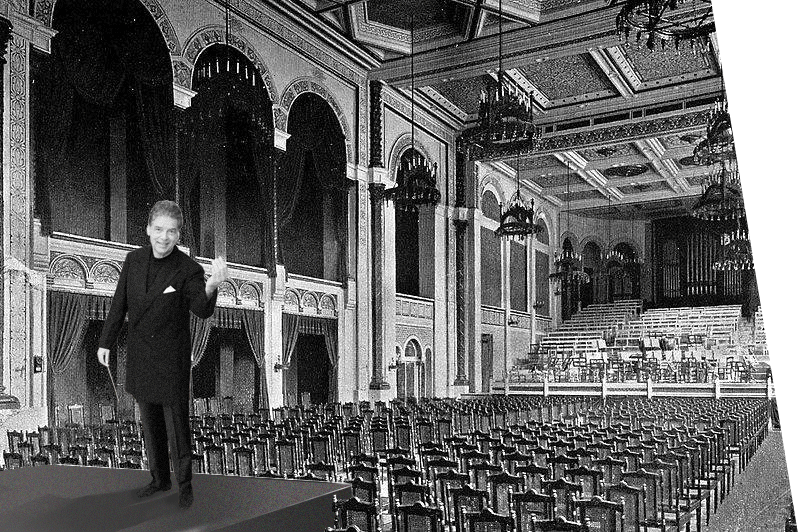

Media Quotes
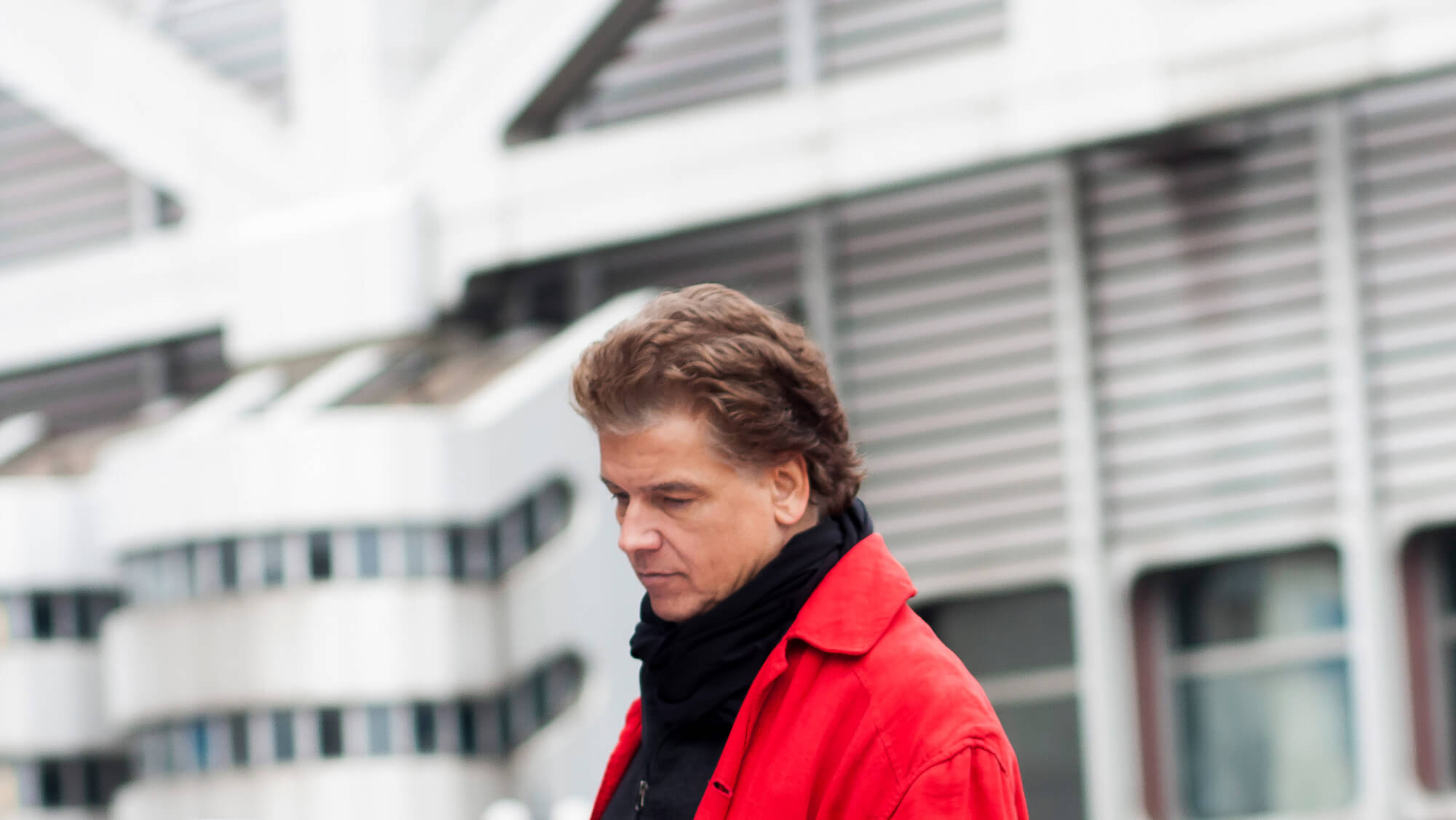
Media Quotes
[...] The centerpiece of the night was the Berlioz "Symphonie Fantastique," and here the conductor's strengths were amply on view: expressive hands, a sense of theater and perhaps, most tellingly in this piece, a clear idea of that kind of sound he wanted in each of the work's five intense and feverish but very different movements [...]

Martin Fischer-Dieskau did not start his career on a vertical takeoff; he did not appear on the scene as a youthful dynamo. Yet the carefully prepared development process of this conductor seems to be paying off. We have heard Schubert’s C Major Symphony, “The Great,” several times in recent weeks, notably by – among others – James Levine; Fischer-Dieskau, however, brought such formal unity and meaningful dramaturgy to the work that his inter- pretation approached the sensational.

[...] Theirs was a sober, sensitive and often poetic performance, notably in the opening movement, with the conductor taking note of the character of detail for granted and keeping watchful balance with the pianist [...]

The Philharmonic is sold-out, the audience is ecstatic. The conductor Martin Fischer-Dieskauis a man who exudes radiant charm. His style is not that of the contemporary young conductors; rather his conducting is precise and detailed right up to the very last eighth note of the spider web. There is much joy to experience in this illumination of the worldly aspects of music.

Meanwhile, a discovery for all was the conductor who proved to be a most pleasant surprise. An unpleasant affair for San Carlo ended with Martin Fischer-Dieskau’s taking over the podium on short notice. Without resorting to comparisons, I will limit myself to the revelation that the conductor now in charge has an obvious talent which manifested itself in his technique as well as in his ideal understanding. The conducting was always absolutely sure-handed, without unnecessary gestures or exhibitionism: moving, almost loving phrasing, devoid of any misuse of rubato or attempts to be more Viennese than the Viennese.

And on the podium an experienced Maestro, conducting the entire program from memory, whose last name evokes an illustrious opera personality of our time. His entrance always sure-fire, his gestures unfailingly energetic and secure Martin Fischer-Dieskau drew a maximum performance from the Orquesta Ciudad de Granada which in turn received much deserved acclaim for the lovely soloists and the conductor.

The high caliber of the performance is owing, in large part, to the authentic talent of the conductor, who pays tribute to his father, the illustrious German baritone. With smiling ease and natural authority, the maestro imposed his style of conducting , as much with suppleness as with power to call forth a transcendent interpretation of the passionate musical gestures of Russian composer Rheinhold Glière’s first symphony.

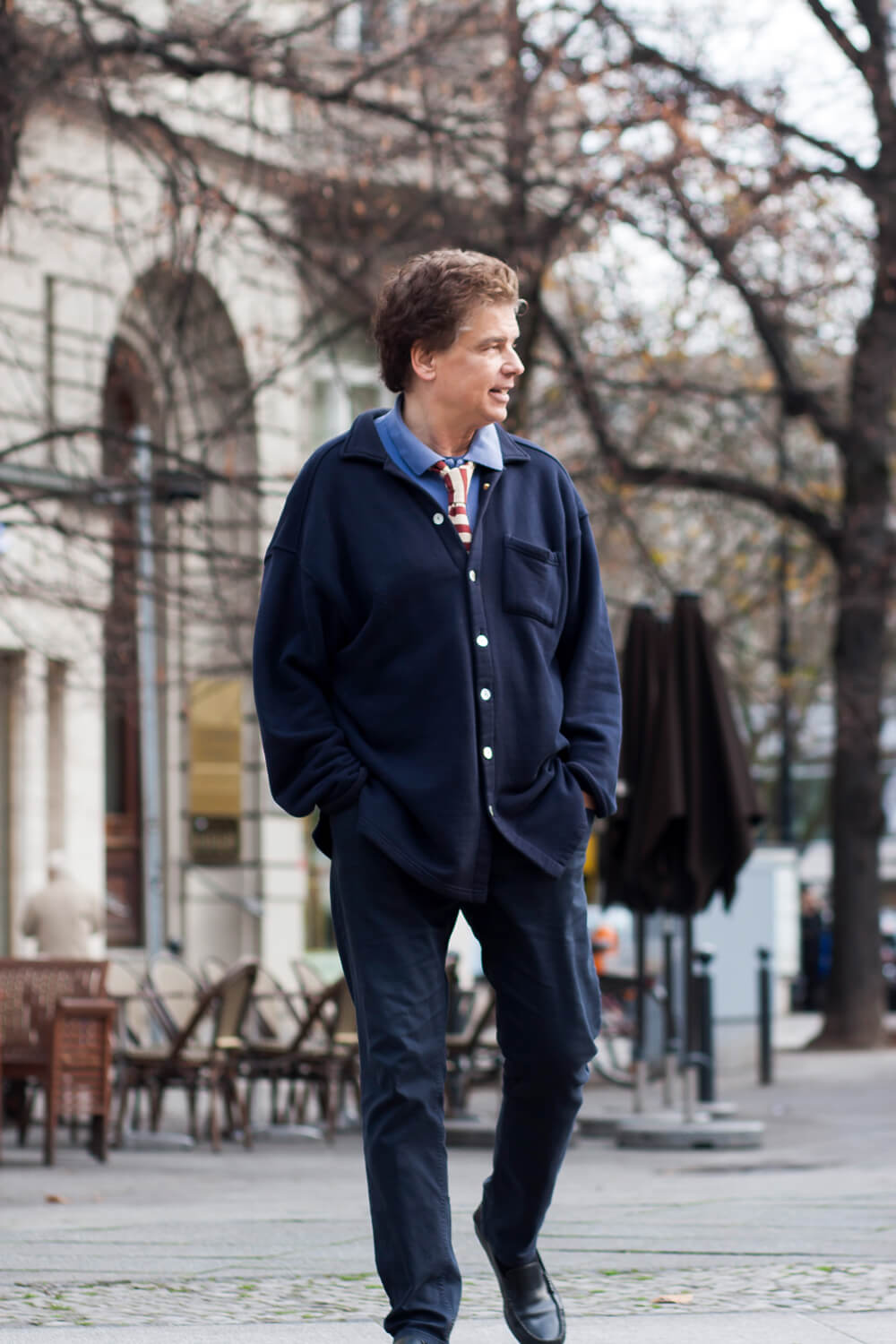
Tributes
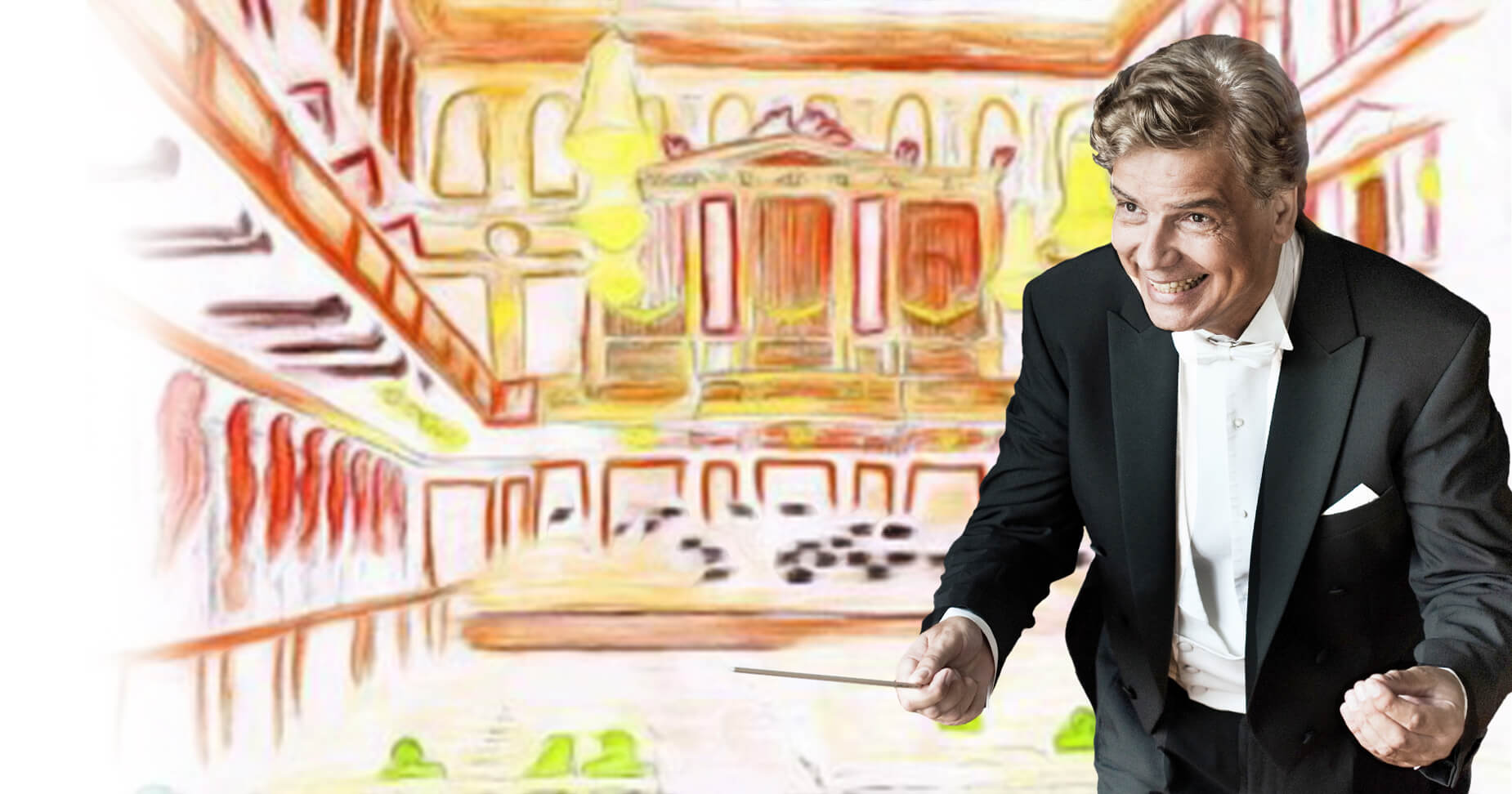
Tributes
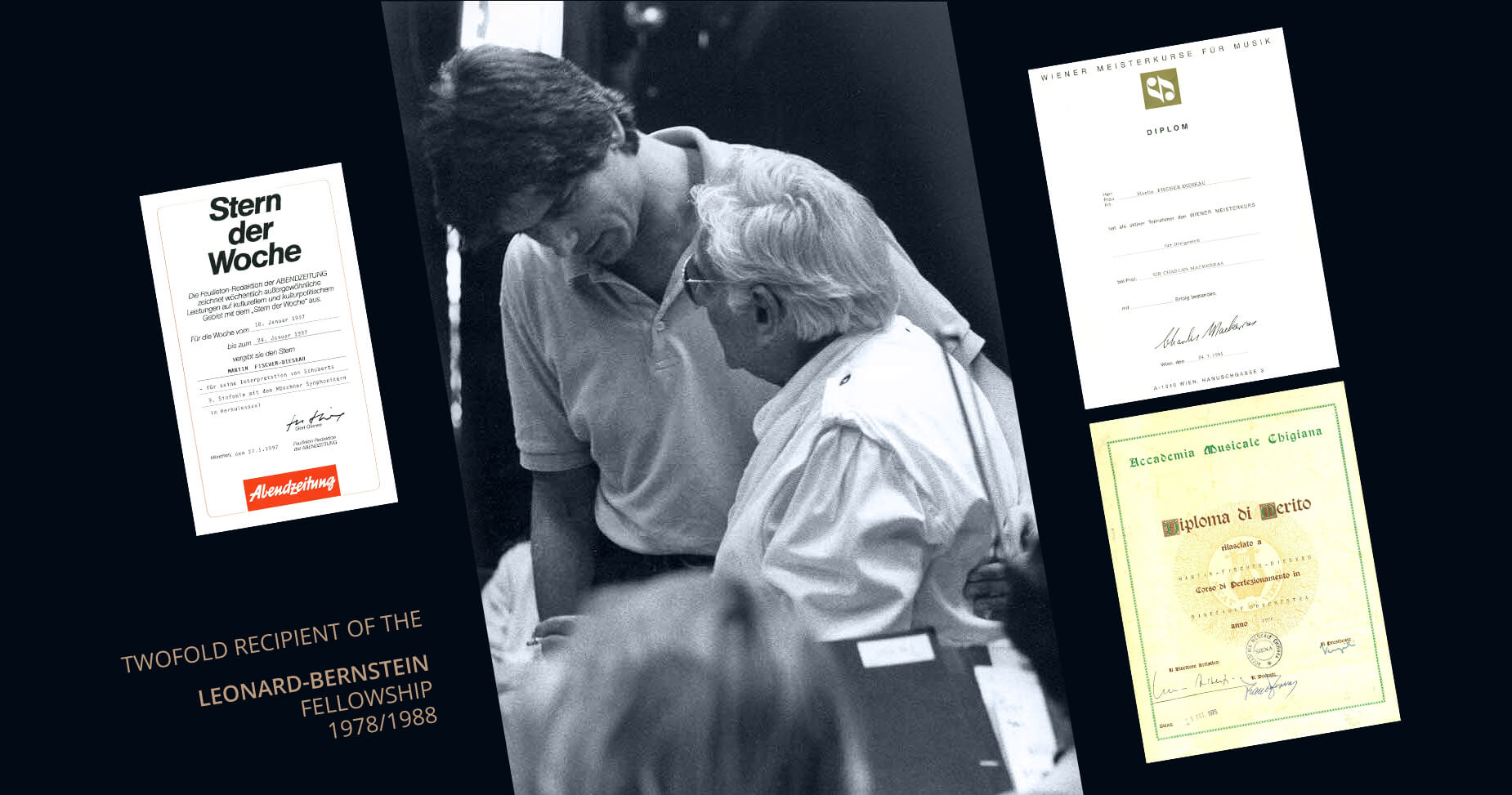
Biography
MARTIN FISCHER-DIESKAU
Conductor
A scion of the 19th century classical music tradition, Martin Fischer-Dieskau has developed a keen sense of innovative flair for unusual and varied programming. He brought Rameau, Glière, Blacher and the foremost contemporary Taiwanese composers to Taipei, the Bruckner symphonies to Mainland China, and a much-heralded production of Mozart’s "Magic Flute" to Chopin-haunted Mallorca. Over the years, he has conducted nearly 100 orchestras worldwide, including the Berlin Philharmonic, Royal Philharmonic, London Philharmonic, Moscow State Orchestra, Orchestre national de France, the NHK Tokyo, the Tokyo Philharmonic, and the New Japan Philharmonic. He has led all the major orchestras of Germany, Scandinavia, and many Italian and Spanish orchestras as well.
Maestro Fischer-Dieskau records for the Marco Polo and BIS labels, and has established his own television series introducing young musicians for the German ARD-TV channel. In addition to his international guest conducting activities, Maestro Fischer-Dieskau held a professorship at the Hochschule für Künste in Bremen.
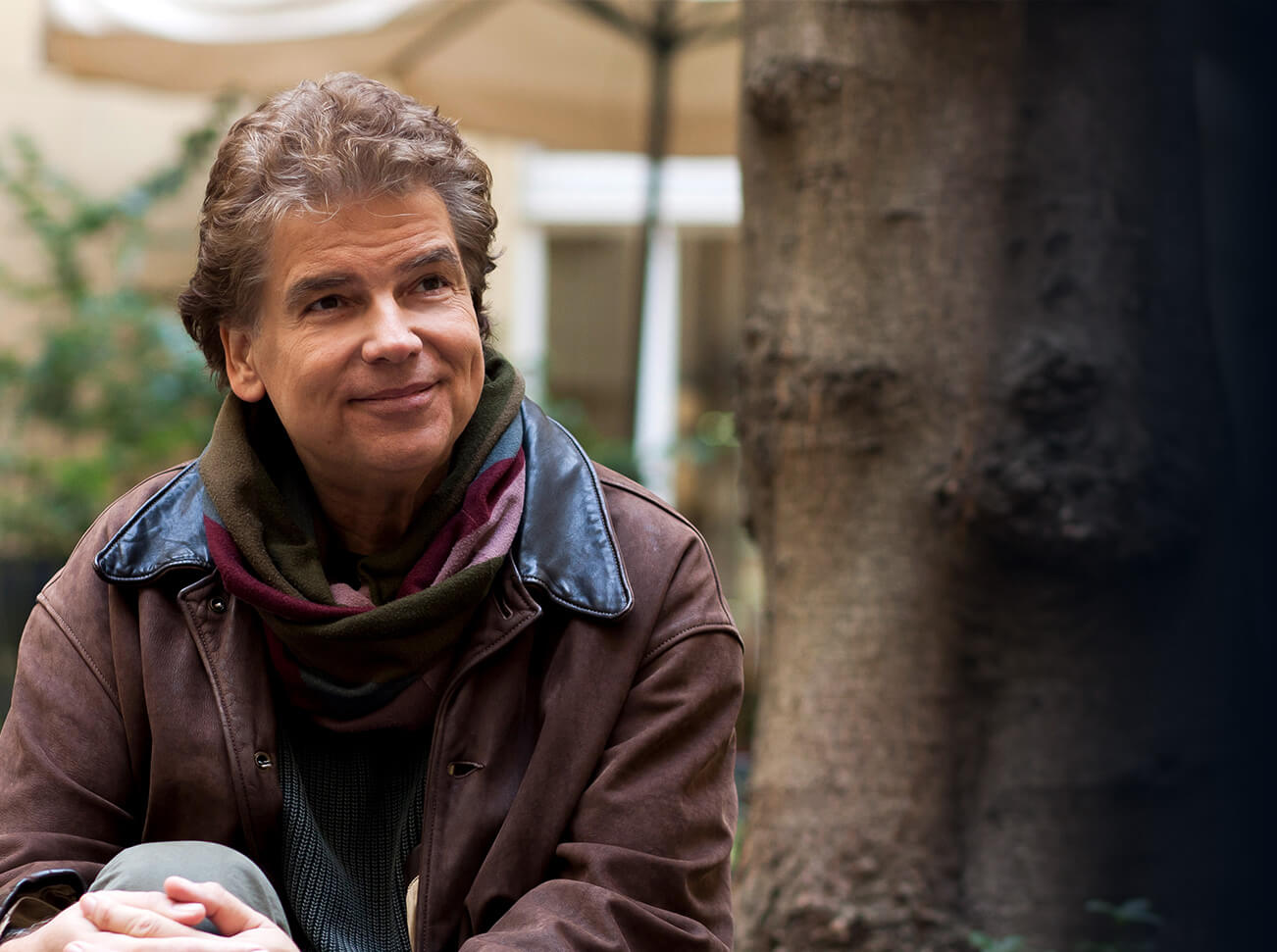
Biography contd.
A firm believer in the value of learning his craft from the ground up, Maestro Fischer-Dieskau spent his early years in the German houses in Augsburg, Aachen, Hagen, and Stuttgart. At the Bern Symphony Orchestra, where he served as Principal Conductor from 1990 till 1994, he conducted a variety of new, Russian, and Italian works. As Principal Conductor of the Canadian Kitchener-Waterloo (KW) Symphony from 2000 to 2004 he augmented the orchestra’s standard repertoire and opened the concert hall to new audiences. With the KW Symphony he also inaugurated the first German-Canadian Festival in Toronto in 2002. From 2009-2011 he was director of the Taipei Symphony Orchestra conducting a wide range of classical and Taiwanese repertoire while organizing an International Puccini symposium.
Early on, Maestro Fischer-Dieskau led productions at the San Carlo Opera House in Naples and the Regio in Turin and became a frequent guest at international festivals such as Helsinki, Granada, and Berlin. In 2000 he helped to inaugurate the first season of the newly-created Boca Raton Sinfonia in Florida, and was immediately invited for a return visit which attracted more than 15,000 spectators in an open-air concert event. The following seasons brought him back to Israel, France, the Netherlands, Finland, Austria, the Czech Republic, and the United States. In 2013 he followed these commitments with a tour of the German Radio Orchestra featuring Wagner and Verdi. A highlight of 2015-2016 was assignments with new orchestras in China and Romania conducting Beethoven’s Ninth. In the summer of 2017, Maestro Fischer-Dieskau led the Orquesta Sinfónica Tenerife in works by Stravinsky, Gounod, and Jean Françaix.
In view of a flooding of the music market with new and by no means consistently qualified young "conductors" of both sexes almost weekly, Fischer-Dieskau seems increasingly sensible to point out the representatives of the great conducting traditions of the 20th century when planning his concert programmes.
In 2022, Antal Doráti's only opera THE CHOSEN/DER KÜNDER was world premiered at Orpheo/Naxos with an international cast of star singers. The recording of this only play from the pen of the philosopher Martin Buber in opera form met with an enthusiastic press response worldwide and was accompanied in 2023 by scientific symposia by various organizers in Europe under the direction of Martin Fischer-Dieskau.
In 2024, Fischer-Dieskau initiated a collaboration with the Wilhelm Furtwängler Society of China, which began with a concert by the Harbin Symphony Orchestra on November 29, the date of the eve of the 70th anniversary of Furtwängler's death. Thirty years earlier, Fischer-Dieskau had already provided a Furtwängler tribute with the Rundfunk-Sinfonie-Orchester Berlin, which was broadcast worldwide and released on CD.
Maestro Fischer-Dieskau’s early career was launched by an invitation from Seiji Ozawa to join the much sought-after Leonard Bernstein Fellowship program at Tanglewood in 1978, a program he had the privilege of attending again a decade later, in 1988, and then once more, in 1997. His earliest success was a production in 1974 of Haydn’s rarity “Il Mondo della Luna” in his native Berlin. At the age of 23, Maestro Fischer-Dieskau was chosen by Antal Doráti to become Assistant Conductor at the Detroit Symphony. His studies included conducting, violin, and piano at the Hochschule für Musik in Vienna, the Universität der Künste in Berlin and the Accademia Chigiana di Siena. He participated in masterclasses with Franco Ferrara, Maestro Ozawa, and Leonard Bernstein. To this he added the study of Italian literature and musicology, earning a PhD in 2015 from the Freie Universität Berlin and the Hochschule für Musik und Tanz in Cologne.
For more information, please contact Hemsing Associates at (212) 772-1132 or visit www.hemsingpr.com.
Reviews
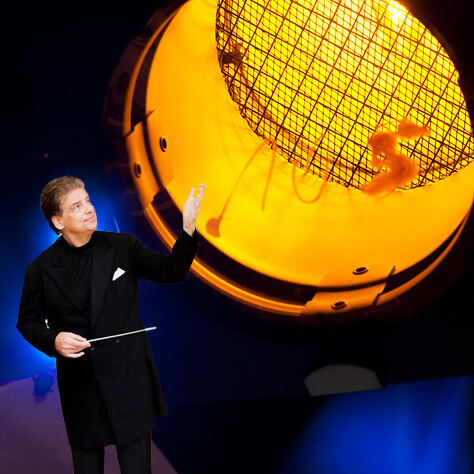
"Young conductors today say they want a career in conducting," he says. "I feel that it's a terrible thing that conducting has become synonymous with power and strategy." … Read more: Interview | omershomrony.comMarch 11, 2016 | Omer Shomroni

With a young appearance this man of almost sixty years shows an impressive command of the repertoire … Read more here
January 3, 2014 | Alain Breton

It’s a conductor and a poet, a visitor, how we should welcome him often … Read more here
December 31, 2013 | Michele Fizaine

The Brandenburg Symphony players accompanied the two Viennese soloists with much sensitivity. They truly blossomed in the finale with the Tchaikovsky Symphony No.1 in G Minor, Op 13, which bears the title “Winter Dreams.” Not the sort of dreams one has in front of a cozy Russian fireplace, but rather a state of mind in which ice seems to freeze one’s blood. Portents of spring, however, shimmer with hope. One of Tchaikovsky’s great strengths lies in his rich and varied instrumentation. Color, tempi, and articulation were created with great finesse by Fischer-Dieskau. From the first move- ment he demonstrated his profound understanding of the concept of contrast. In the exposition he care- fully juxtaposed the sudden change from the insistent rhythms of the strings with the main theme as played by the woodwinds. The great crescendo in the final movement was mastered with impressive force by the Brandenburg players. Read more here
January 25, 2016 | Klaus Büstrin

Martin Fischer-Dieskau, the middle child among three sons of the world famous late German singer Dietrich Fischer-Dieskau, is not the type of conductor who creates musical drama for its own sake through exaggerated movements and choreographed showmanship. His internal power rests at the core of his body, which, at dramatic moments, sends out sudden primordial impulses which course through the chorus and orchestra in a flash. Precision is exacted through the clear movements of his baton, which he wields like a strict Kapellmeister. Clarity and transparency are achieved in his conducting through a certain form of distance; he both serves the musical narrative and commands it. Read more here
January 25, 2013 | Dr. Markus Fischer

Two glamorous »sins« at the Philharmonicʼs 7th concert
The 7th Philharmonic concert may be adopted by music history. Bruckner always turns into an event if you have a good big orchestra in combination with the right conductor. We had both. Conductor and orchestra gave the public a grandiose Bruckner 4 in original version which is rarely played and in its sonic image differs widely from the accustomed. Fischer-Dieskau began slowly, one by one called all instrumental groups into play, increased sensibly, enhanced his firepower and thus the full strength of the orchestra which exploded into fortissimo during each movement. He conducted freely, has all themes and motifs in his head, hence the whole score, and interpreted very freely and subjectively. Read more here
May 21, 2012 | Manfred Hainich

Conducting has become a field for many charlatans … An old capellmeister who emigrated and returned to Germany, watched me as a 19-year-old conduct and said: "Lad, at all cost you need to make that your profession in life!" Read more here
April 27, 2010 | Michaela Preiner

Martin Fischer-Dieskau deserves the highest praise for his commitment and discretion as conductor. The TSO has never sounded better. Read more here
September 8, 2008 | Bradley Winterton

… This is now in place, and on Tuesday night the orchestra was in fine form under Fischer-Dieskau’s insightful direction. All in all, everything seems set for another step in the TSO’s rehabilitation as a major force in Taipei’s classical music life … Read more here
Fri, Sep 05, 2008 | Bradley Winterton

The Finale was first class … Read more here
November 29, 2005 | Lawrence A. Johnson

Fischer-Dieskau refocused the music as if it were "lieder" the German Art Songs Read more here
November 30, 2005 | Sharon McDaniel

"They say that those who are born in Berlin never leave," said Martin Fischer-Dieskau … Read more here
September 2, 2002 | Robert Everett-Green

Only those baton-wavers who had pleased a majority of them made the final cut of six finalists. Among them, according to general director Michael Duschenes, "Martin stood out above the rest for this orchestra and this community." … Read more here
January 19, 2002 | William Littler

Fischer-Dieskau has organized these five pieces into a logical sequence and shortened the Humperdinck versions back to Wagner’s original lengths … Read more here
February 2, 2002 | Harry Currie

Martin Fischer-Dieskau has an extraordinary ability to create sound and image. […] Graceful, tall, and impeccably attired Fischer-Dieskau towered over the stage … Read more here
September 20, 2002 | Colleen Johnston

Fischer-Dieskau and the KWS navigated the complex score with unbelievable style and accuracy … Read more here
May 5, 2003 | Harry Currie

Conductor Martin Fischer-Dieskau is just the sort of superb musician you want to have in charge of an orchestra as responsive to suggestion … Read more here
June 17, 2003 | Colleen Johnston

Perhaps what separates an impressive conductor from the vast legions of the hum-drum isn’t how well he or she manages a huge group of specialist technicians, but in the way he or she handles the stasis […] While everyone else seems to want to get on with the action bits, it’s a handful like Fischer- Dieskau who knows the real artistry is in the suspense … Read more here
September 27, 2003 | Colleen Johnston

Interdisciplinary
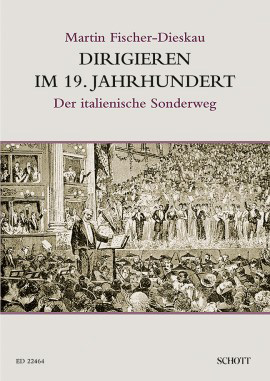
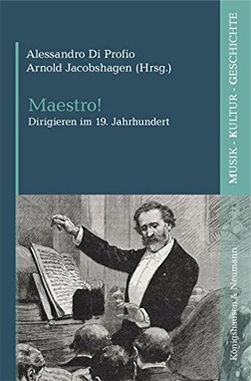
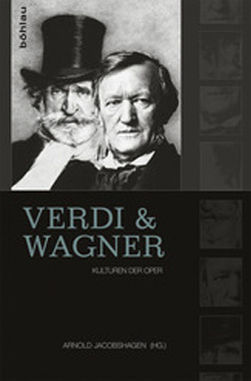
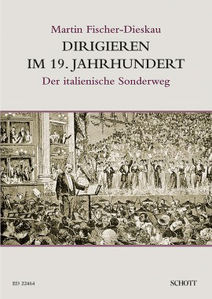
Dirigieren im 19. Jahrhundert
Did you know that operas in Italy until the middle of the 19th Century were being led by two conductors? This surprising conducting tradition and its disengagement is, what Martin Fischer-Dieskau tells us about in a most thrillingly detailed book. And who could recondition such a special subject more seriously and more competently than a man who was chief conductor and professor for conducting and on top of it earned his PhD as a musicologist with this book?
Read more here: das Orchester | Schott Music | SWR
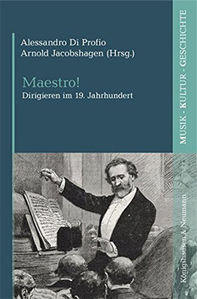
Maestro!
Martin Fischer-Dieskau characterises both composers as „conductors against their will“...
Read more here: eBookRich
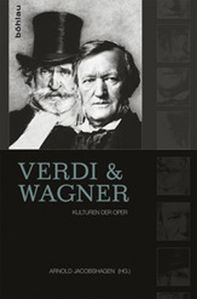
Verdi & Wagner
Read more here: das Orchester | questia

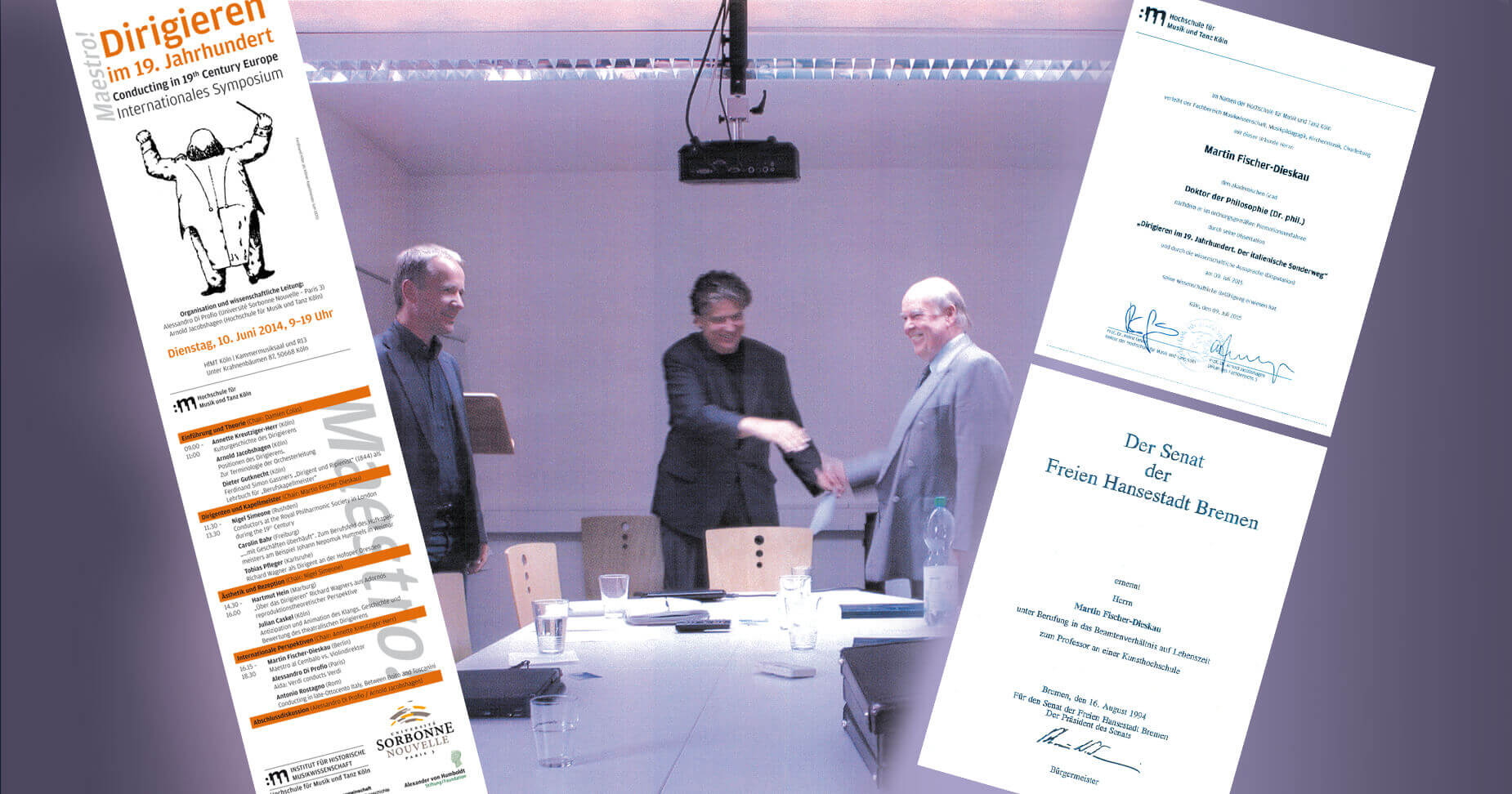
Nicht jeder, der einen Taktstock zur Hand nimmt, ist deshalb schon Dirigent.
MARTIN FISCHER-DIESKAU
Conductor
Wagen Sie mit dieser fünfteiligen Betrachtung einen Blick hinter die Kulissen.
Entworfen ursprünglich als Beitrag zu einer Festschrift möchte sie noch einmal in Erinnerung rufen, dass Dirigieren kein Beruf ist, den man um seiner selbst willen ergreifen kann. Dieser Beruf ist Schimäre und bleibt eine Art Wunschvorstellung von allen Seiten, mit denen er zu tun hat.
Toscanini und Furtwängler:
zwei Kulturen im Vergleich
Konferenz in Parma im Rahmen des Toscanini-Festivals.
Video vollständig anschauen
Lesen Sie dazu einen Beitrag
in MusiCulturA online
Beitrag öffnen
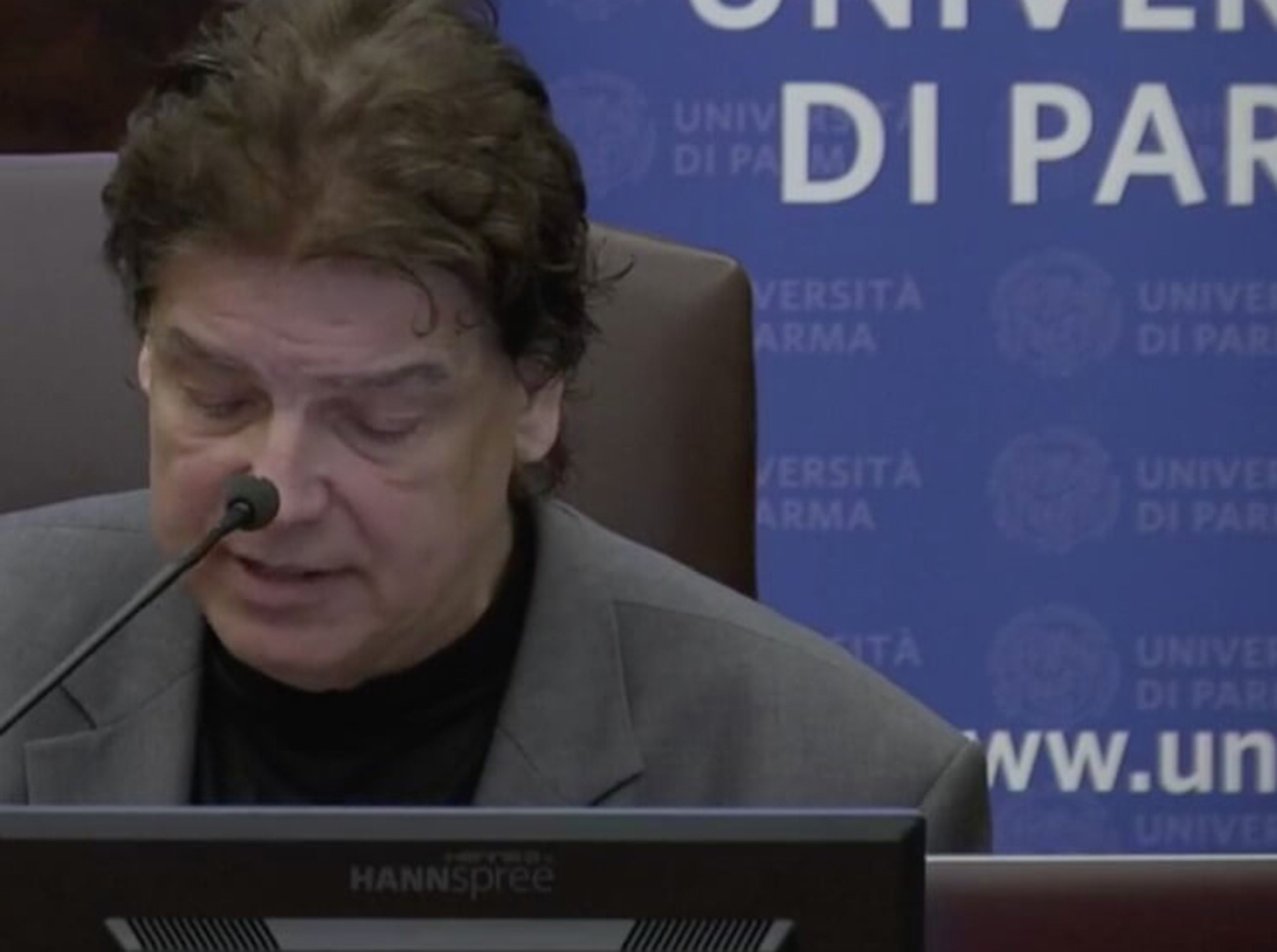
Events
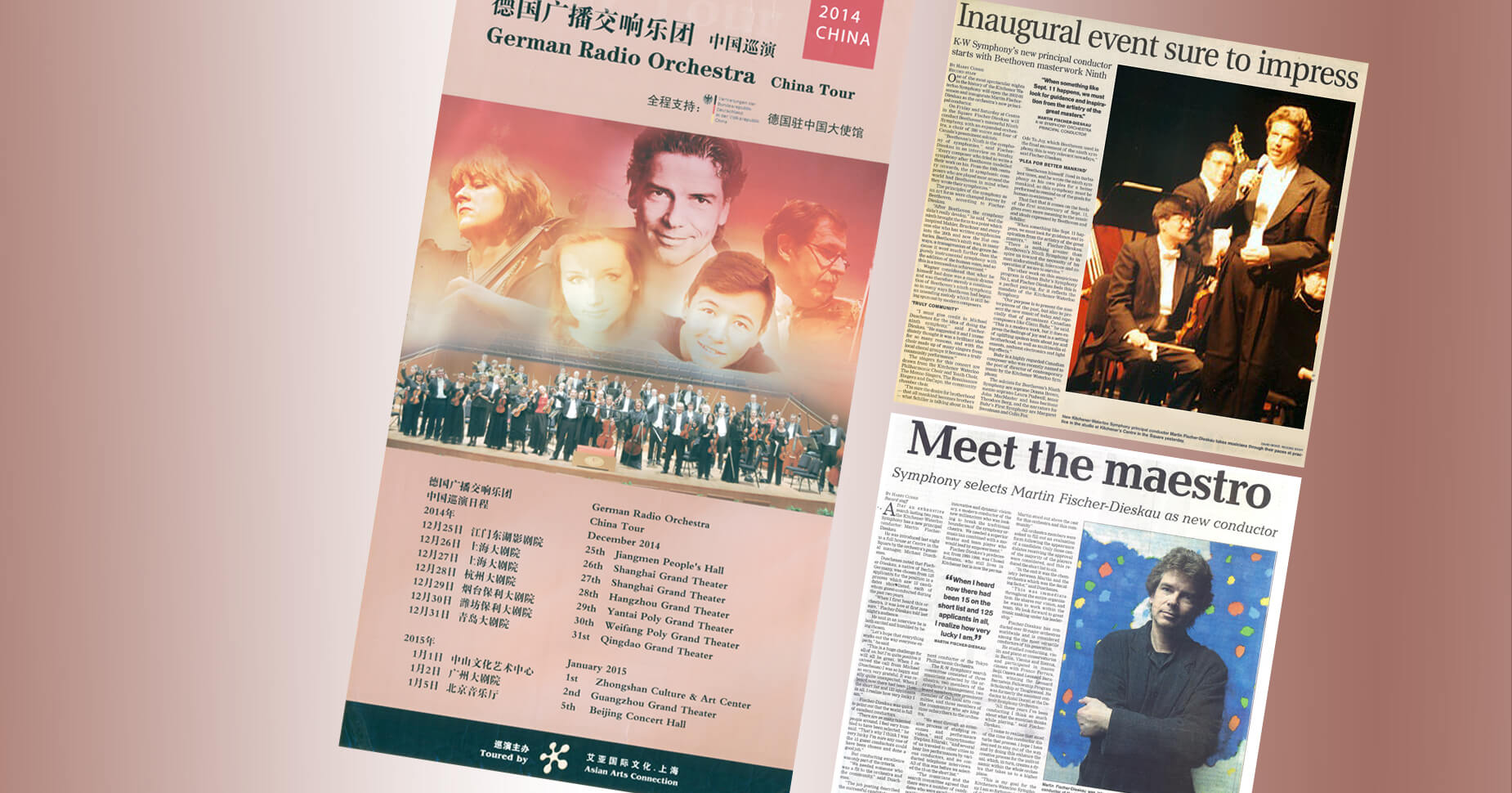
Events
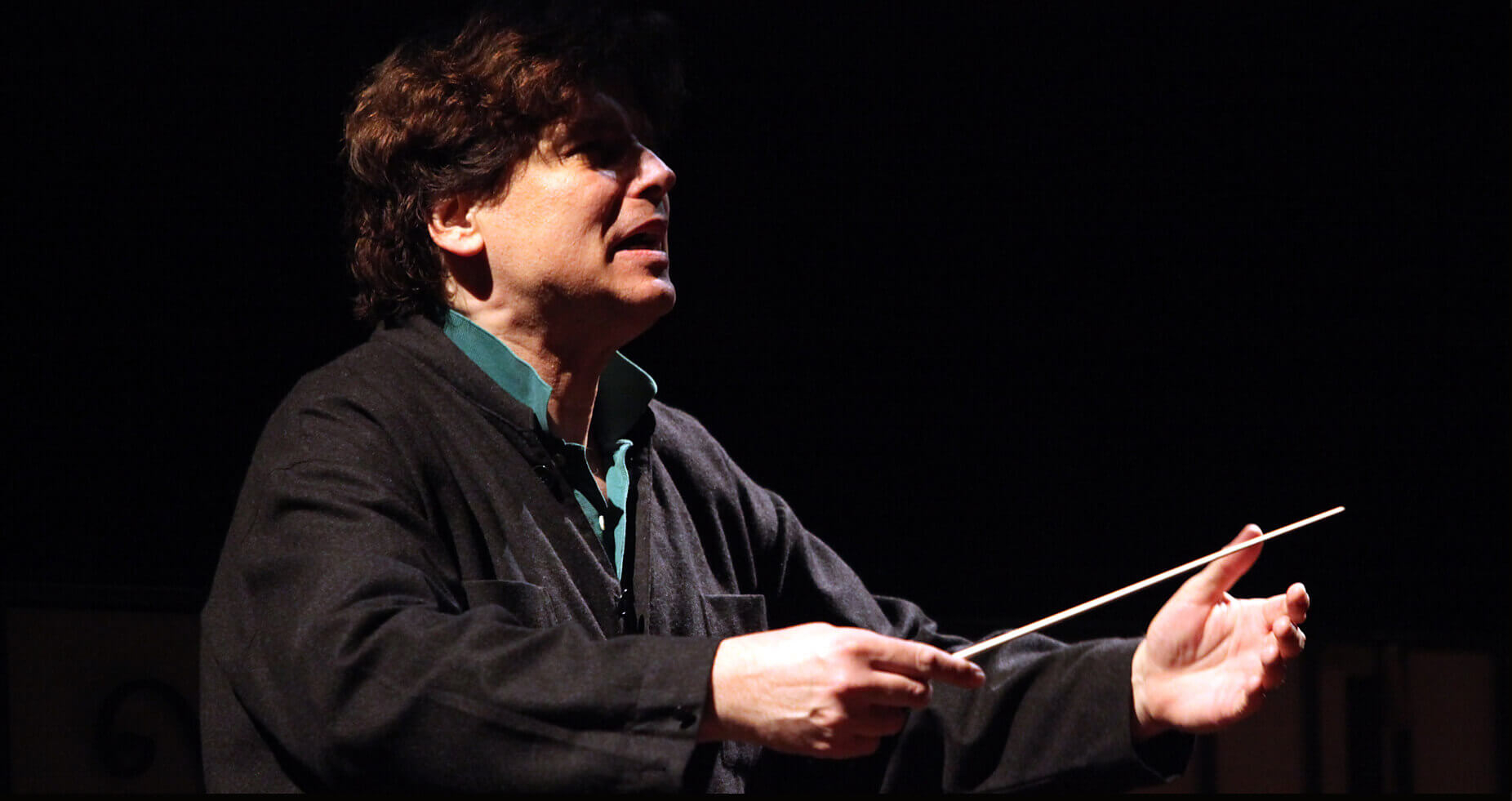
BUBER DORÁTI FESTIVAL
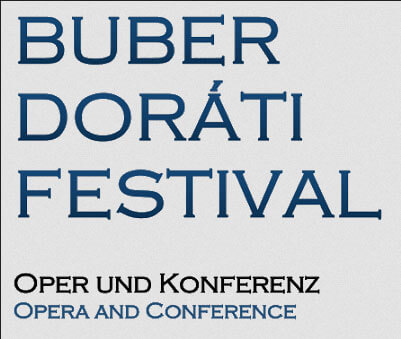 In the spring of 1988 the late Antal Doráti (1906-1988), world-famous American conductor and composer of Hungarian origin, assigned his former Detroit Symphony assistant conductor Martin Fischer-Dieskau to ensure that his only opera THE CHOSEN / DER KÜNDER received a future first class rendition jointly studying the work with him at the piano in his Swiss domicile.
In the spring of 1988 the late Antal Doráti (1906-1988), world-famous American conductor and composer of Hungarian origin, assigned his former Detroit Symphony assistant conductor Martin Fischer-Dieskau to ensure that his only opera THE CHOSEN / DER KÜNDER received a future first class rendition jointly studying the work with him at the piano in his Swiss domicile.
Antal Doráti is well known as a conductor within interested audience sectors, not least through the unparalleled range of his recording catalogue. But moreover, the Hungarian-born American has also left behind a compositional oeuvre of not insignificant proportions. The Chosen – as the work was named in English by Doráti – is his only stage work and is based on the mystery play Elija by distinguished philosopher Martin Buber (1878-1965). It was his mentor Doráti himself who drew the attention of Martin Fischer-Dieskau, initiator of this world premiere recording for ORFEO/NAXOS in Cracow and internationally acclaimed conductor and scholar, to this Opus Magnum.

FILM PREMIERE

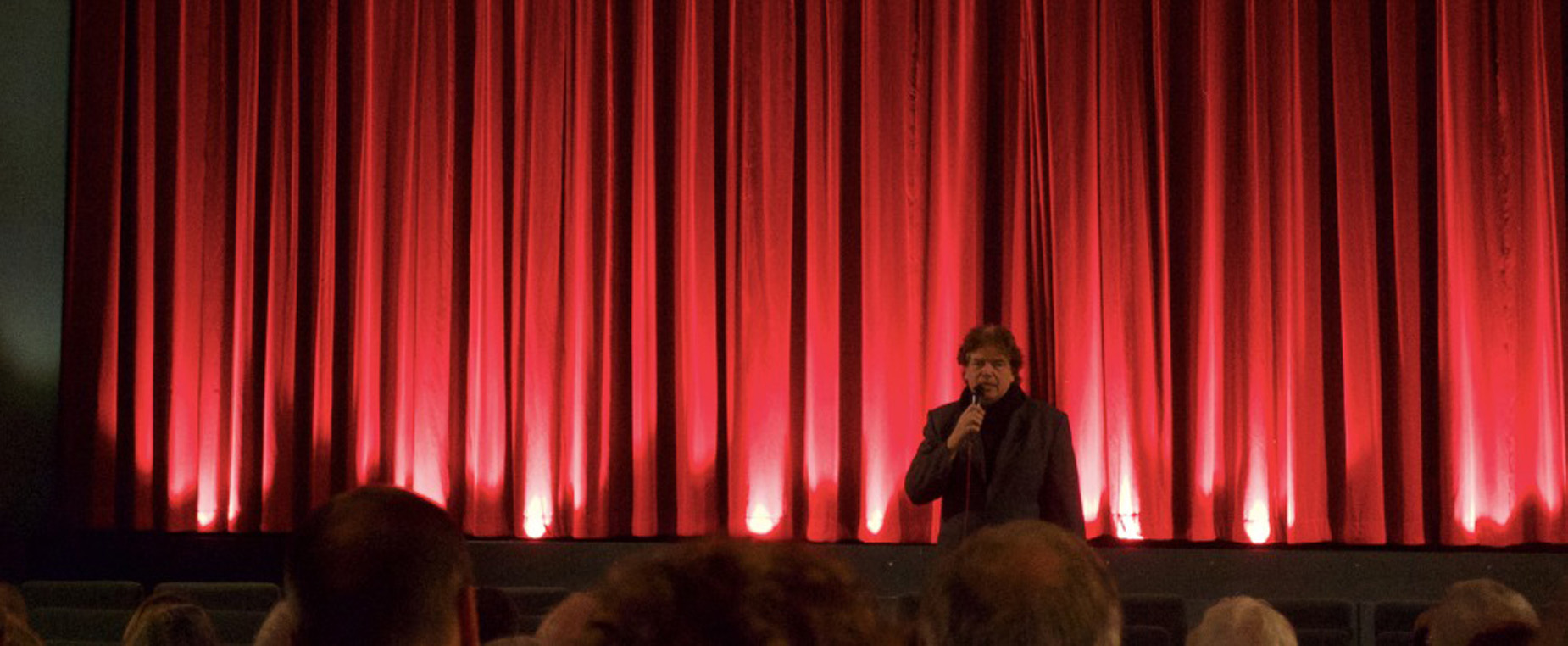
Videos
Pyotr Ilyich Tchaikovsky
Symphony No. 1 "Winter Dreams"
Johannes Brahms
Piano Quartet No. 1 in G minor
(orch. Schoenberg)
MARTIN FISCHER-DIESKAU conducting Paganini Variations
If you like to share the view of an automatic stage camera: Paganini Variations by Boris Blacher and Sergei Rachmaninov: Rhapsody on a Theme of Paganini, soloist: André Laplante (we apologize for his invisibility)
Manager Contact
Worldwide
Drew Hemenger
President and Managing Director
Schmidt Artists International, Inc.
PERSONAL REPRESENTATIVE
59 East 54th Street, Suite 83
New York, NY 10022
USA
T: +212 799 2111
Website: http://www.schmidtart.com/artists/martin_fischer_dieskau
E-mail: drew@schmidtart.com
Publicity
Hemsing Associates
Public Relations for the Arts
401 East 80th Street
Suite 14H
New York, NY 10075-0650
USA
+ 212 772 1132 phone
+ 212 628 4255 fax
www.hemsingpr.com

